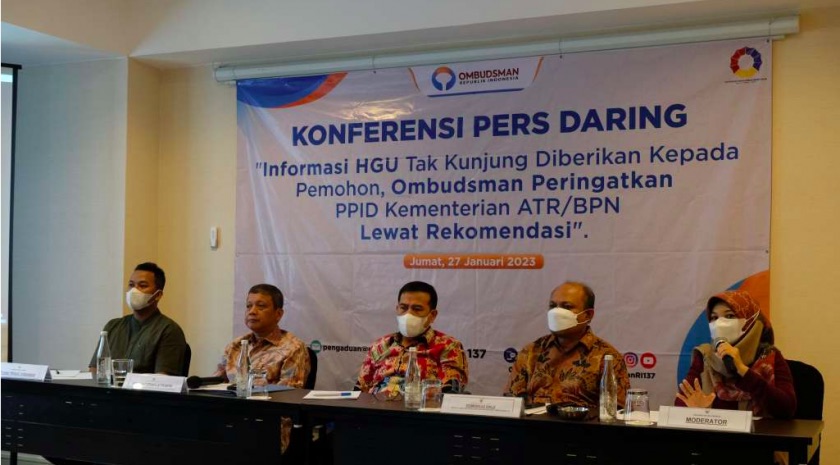BETAHITA.ID – A total of 18 Civil Society Organizations urged the presidential and vice presidential candidates for the 2024 elections to include the openness of the Indonesian government as a priority agenda in the first 100 working days. So far, the government has still closed information disclosure in various fields, such as natural resources, state spending information, and campaign finance disclosure.
This includes the implementation of the government, regardless of the elected candidate, to run the government with open values. Furthermore, they also want the legalization of a legal umbrella for the openness of the Indonesian government that guarantees the involvement of civil society in government policy-making.
These 18 organizations include LBH APIK Indonesia Association, Auriga Nusantara, Indonesia Budget Center (IBC), Indonesian Center for Environmental Law (ICEL), Indonesia Corruption Watch (ICW), Indonesia Judicial Research Society (IJRS), Transparency International Indonesia (TI-I), Publish What You Pay (PWYP Indonesia), and others.
According to them, during the campaign period, the issue of openness of the Indonesian government has not become a public concern.
“So far, the government has closed information disclosure in various fields, such as natural resources, state spending information, and campaign finance disclosure.”
“Whereas the commitment to implementing the openness of the Indonesian government is important, it should be carried out by the current government and followed up by the government in the future. This commitment is needed in guarding the values of government openness so that it continues to be transparent, participatory, accountable, inclusive, and innovative,” wrote a press release received by the editor on Friday (3/2/2024).
Government openness must be a severe concern for the Indonesian government, not only for substantial benefits to the government but also for the wider community.
The government has made significant progress in government participation and openness. This openness is based on Indonesia’s role as one of the eight initiating countries of the Open Government Partnership (OGP).
At least this commitment is shown in preparing and implementing 7 (seven) National Action Plans (NAP) for Openness of the Indonesian Government since 2011. The issues raised include anti-corruption and budget strategies, civic space and democracy, inclusive public services, access to justice, gender equality, disability and social inclusion, energy, environment, and natural resources.
Civil Society Organizations have carried out the co-creation process by providing open and integrated legal aid information services, the availability of information systems for the procurement of goods and services, the availability of data disclosure on financial management publications, and others.
However, there are obstacles in implementing openness commitments, including environmental and natural resource information disclosure, state expenditure information disclosure, and campaign finance disclosure, which still need to become priority issues.
Meanwhile, the broad and meaningful participation of civil society in the framework of social accountability of policies is still a challenge in implementing the co-creation of openness of the Indonesian government.
“We urge the elected presidential and vice presidential candidates for the 2024 elections to include the openness of the Indonesian government as a priority agenda in the first 100 working days and run the government with the values of the openness of the Indonesian government,” the release read.
